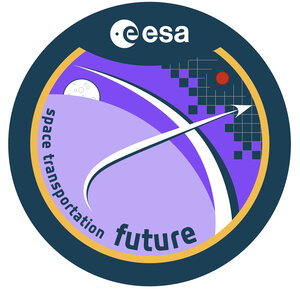Radiation survey of COTs components for JUICE mission
A recently closed TDE activity with the Fraunhofer Institute in Germany,has surveyed how much ionising radiation the transistors and silicon carbide (SiC) devices intended for the JUICE mission can withstand.
SiC based power devices can be used for the same functions as metal-oxide-semiconductor field-effect transistors, but offer compelling advantages, such as higher breakdown voltage, high-operating electric field and superior switching frequency.
As such, these SiC power devices enable significant improvements to space systems to be made.
But radiation data on them is scarce and their sensitivity is unknown.
The JUICE mission is planned for launch in 2022 to arrive at Jupiter in 2029, it will spend at least three years making detailed observations of the giant gaseous planet Jupiter and three of its largest moons, Ganymede, Callisto and Europa. The mission needs to use power transisters and components with the highest tolerance to radiation possible.
To make sure these components were suitable for the mission, the TDE activity wanted to observe and assess the Total Ionising Dose (TID) and Single Event Effect tolerance of SiC power devices and the Total Ionising Dose tolerance and Enhanced Low Dose Rate Sensitivity of power bipolar transistors.
The tested SiC-based power exhibited overall a very high TID tolerance (up to 1Mrad). However these devices are extremely sensitive to destructive Single Event Effects (burnout) requiring significant derating to operate them safely in space applications (up to 90% of max rated voltage e.g. 120V for a 1200V rated device).
The SiC-based components tested in this activity reached TRL 4 and four of the six power bipolar transistors were found to be suitable for the JUICE mission, with demonstrated TID hardness of at least 200krad and no ELDRS sensitivity.
T223-101QE closed in November 2019.















 Germany
Germany
 Austria
Austria
 Belgium
Belgium
 Denmark
Denmark
 Spain
Spain
 Estonia
Estonia
 Finland
Finland
 France
France
 Greece
Greece
 Hungary
Hungary
 Ireland
Ireland
 Italy
Italy
 Luxembourg
Luxembourg
 Norway
Norway
 The Netherlands
The Netherlands
 Poland
Poland
 Portugal
Portugal
 Czechia
Czechia
 Romania
Romania
 United Kingdom
United Kingdom
 Slovenia
Slovenia
 Sweden
Sweden
 Switzerland
Switzerland


























